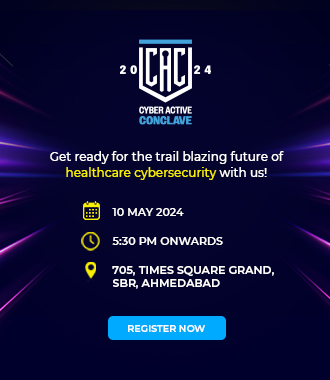


Hire DevOps
engineers
that think in terms of value, solutions and resolving actual issues.
Rapidly fill the gap in your engineering team without having to hire, train, and maintain long-term salaries.
We’re setting the
benchmark to help you
build your dream team.

Whether you're looking for your first technical hire or your hundredth, our exclusive network of 4000+ pre-vetted developers has you covered.

Juggle Talent Diversity, Flexibility and
Progress at your fingertips
Software development is unpredictable. A new project’s intricacy can snowball into an unmanageable job demanding extra hands. As a result, you might need to hire remote DevOps engineers to eliminate the silos between ops and dev team. regardless of having an ideal in-house team. We offer a flexible hiring model to bridge your talent and skills gaps, regardless of how much your project needs to scale.
High quality/cost ratio
Hire at the best market cost
Hire the top 5% of devops developers from 150+ countries who have applied to PeoplActive.
Rigorous Vetting
5+ hours of tests and interviews
More rigorous and stringent selection process. We test for 100+ skills, systems design, software specializations & frameworks,
data structures, algorithms.
Seniority tests
Our candidates are excellent communicators who can proactively take responsibility for business and product objectives without micromanagement.
Effective collaboration
Daily updates - We give you even more visibility into your remote cloud developer’s work with automatic time tracking & virtual everyday stand-ups.
Match your timezone
Our cloud developers match your time zone and cross-over at least 4 hours with your working day.

Hire Qualified DevOps Experts to Accelerate Your
Business Growth
DevOps is the current hot tech buzzword and the top role that hiring managers are looking to fill. PeoplActive is the best platform to hire certified DevOps engineers that can implement DevOps methodology to boost your organizational productivity. Under Cloud DevOps, we offer several DevOps roles such as:

Candidates
Placements
Clientele
Remote Placement
Procure Cutting-edge skills by hiring
our Azure DevOps engineers
Operating
Systems
Windows A|X, Ubuntu, Linux Red Hat, Linux Centos, Unix
Virtualization
Tools
Docker, Kubernetes, VM Virtual Box, and VMware
Web/Application
Servers
Apache Tomcat, IIS, Web Logic, Web Sphere and JBOSS
Monitoring
Tools
Nagios, Cloud watch, Jira, VSTS
Build
Tools
Ant, Maven, NAnt, MS Build, Gradle, Terraform
Version Control
Tools
GIT, SVN, TFS
Automation
Tools
Jenkins/Hudson and Build Forge
Configuration
Tools
Chef, Puppet, and Ansible


And here’s how we find you, your ‘Magical Match’
Talent Monger at your Command within 1 hour
Hire DevOps Developers to eliminate the silos between ops and dev teams.
Hand-picked From Our Exceptional Network of Dev-engers
Our qualified DevOps Developers will help in implementing DevOps methodology to boost your organizational productivity.
No-Bullsh*t Way of Finding Your “The One”
PeoplActive offers customizable DevOps staffing solutions as per unique business requirements.
Kick-off your project with your Magical Match
Our DevOps Developers hold the best in industry certifications, making them a perfect fit to work for your business.
Any questions?
Check out the FAQs
Still have unanswered questions and need to get in touch?
- Quick and easy hiring experience
- Speed to hire (48 hours commitment)
- Strict vetting process
- Exclusive Network of exceptional developers
- Connect with our hiring consultants: Let us know what type of developers you are looking for and your requirements so we can quickly match you with our pre-vetted developer network.
- Interview top developers: We shortlist vetted PeoplActive Developers based on your requirements. You interview them to assess if they are a cultural and team fit.
- Hire effortlessly: Once the hiring decision is made, you can start working with the developer directly. We will take care of all the technical infrastructure, reporting, product monitoring tools, along with contracts and billing.
Most PeoplActive Developers work remotely and are experienced in working with distributed teams. If an on-site developer is strictly required, we can certainly work with you to make it happen!
- Application Screening
- Coding Assessment
- Hands-on Project
- Behavioral Interview
- Technical Interview with a Senior Engineer
We understand that sometimes people may have incompatible working styles, which is why we offer a risk-free trial period of up to 2-4 weeks (for contractual roles), and a 3-month guarantee (for permanent roles) with the option to be matched with another developer free of charge.
For contract roles, two payment options are available:
- Retainer: Our full time developers deliver 40 hours per week and 160 hours a month, and we will invoice you the fixed amount monthly unless otherwise agreed upon. Under retainer, the developer needs to reserve his or her time and work dedicatedly for you even if there are competing opportunities. This is the recommended option if you want to ensure the speed of your development.
- Hourly: The developer will log hours every day, and we will invoice you monthly. The developer’s availability remains consistent on week to week basis.
For contractual roles, most PeoplActive Developers charge between 20-50$/hour (USD). If there is a certain time tracking tool you want the developer to use, you may also request to use that. For any concerns regarding the productivity of the developer, please provide the PeoplActive team with more details.
- What is a DevOps Engineer?
- Top DevOps roles you should know
- What does a DevOps Engineer do?
- DevOps Engineer Hiring Models
- Why Hire a DevOps Engineer?
- What characteristics should you seek in a DevOps Engineer?
- DevOps Engineer Duties
- What does PeoplActive do for you?
- The top interview questions to ask when hiring DevOps Engineer
DevOps Engineer Hiring Guide
Everything You Need to Know
What is a DevOps Engineer?
Top DevOps roles you should know
The DevOps Evangelist
The DevOps Evangelist is responsible for making sure that all DevOps processes and team identities are successfully implemented.The Principal tasks of a DevOps Evangelist include:
- Promote DevOps’ advantages and make sure both the development and operations teams are on board by identifying the crucial responsibilities.
- Make sure that all team members have received the necessary training.
The Automation Architect
The Automation Architect is in charge of developing procedures that include automation to lessen the need for manual labor. They are responsible for developing a more effective process and selecting the appropriate tools to use and incorporate into a DevOps strategy.Primary Tasks of an Automation Architect:
- Create and implement ways to automate manual processes.
- Select the appropriate DevOps tools for the different mechanisms.
The Code Release Manager
The Code Release Manager often performs the duties of the Project Manager in the DevOps model. The Code Release Manager also needs to be technically proficient to manage and carry out the process of application and product development. A DevOps Code Release manager needs to be aware of when and how to use agile approaches.Principal Tasks of a Code Release Manager:
- Project-managed software and hardware from development to deployment.
- Utilize impact and other important indicators to monitor DevOps progress.
The Experience Assurance Expert (XA)
While the Experience Assurance Expert is similar to quality assurance, its main emphasis is on customer experience and user friendliness. The Experience Assurance Expert, or XA, is responsible for designing a seamless user experience for the finished product. They ensure that the finished product is not only functionally sound and furnished with the necessary features, but also user-friendly.XA Primary Tasks:
- Make sure the finished product has every feature specified in the original specifications.
- Make sure the product and all of its features offer users a seamless and engaging experience.
The Software Developer/Tester
The developer is responsible for writing the code, and in a DevOps environment, they also handle deployment, unit testing, and continual monitoring.Principal Tasks of a Software Developer/Tester:
- Create new software, features, security patches, and bug fixes in the code.
- Examine each line of code to ensure that it meets the initial business requirements.
- Execute unit testing
- Execute deployments
- Track the performance of the product
The Security & Compliance Engineer
The Security and Compliance Engineer (SCE) is responsible for the overall security of the system. With DevOps, the SCE collaborates closely with development and may incorporate their security suggestions as the product is being developed rather than after it has been released. They work closely with all divisions and roles to guarantee that the company is safeguarding its data and abiding by regulatory requirements.SCE Primary Tasks:
- Ensure that all specified standards and regulations are followed by the products.
- Work with the development team to make sure the product is protected from potential attacks.

What does a DevOps Engineer do?
DevOps Engineer Hiring Model
In-House Hiring
Tech businesses hire full-time internal staff to create their core team and culture. Additionally, in-house staff members are frequently more dedicated to exploring a product in depth because they are committed to improving it and expanding the business.Outsourcing
This recruiting technique is used by tech businesses to concentrate on their core business functions by delegating development to external companies run by their CTO or product owner from the in-house team. In contrast to freelance platforms, outsourcing businesses are significantly more selective when hiring employees and, like any employer, they come with drawbacks. Outsourcing, however, restricts communication between the business and outside suppliers because you won’t be able to handle every member of the extended team individually.Staff Augmentation
As we indicated in the previous section, hiring DevOps through outsourcing firms can be time-consuming because hiring managers must compile a list of these firms, visit each agency’s website, and determine whether or not they have DevOps specialists on hand. With Staff Augmentation the process is accelerated and made simpler. In this arrangement, DevOps engineers are employed full-time by various outsourcing companies. In particular, PeoplActive has 4000+ Pre-vetted Experts so that hiring managers don’t need to browse every agency’s website to find a professional. Employers can quickly hire many DevOps Engineers using the talent pool of PeoplActive – a validated list of experts is provided to the hiring manager in around 48 hours.Freelance
Hiring Freelancers is a good choice for small, quick projects and businesses with limited budgets. In contrast to in-house engineers and contractors, freelancers are usually responsible for multiple projects, and the quality of their work may not meet the requirements of a client. Additionally, because these developers sometimes manage several projects at once, companies don’t have the same level of control over a freelancer as they do over a contractor or an inside employee.Why Hire a DevOps Engineer?
What characteristics should you seek in a DevOps Engineer?
DevOps Engineer Duties
What does PeoplActive do for you?
Candidates screening
We will help you to find the top candidates and choose a DevOps Engineer who will fit in with the culture of your company.Test task
We determine whether an applicant genuinely desires to work for your company and is willing to put in at least three hours to demonstrate this through rigorous testing. We find it useful to assess a developer’s quality.Technical test
Engineers are required to solve tricky problems and are asked questions about the cloud. We want to learn more about engineers’ ways of thinking in addition to testing their knowledge.Giving specific feedback
We provide explicit feedback on both the test task and the technical test after confirming the engineer’s proficiency.The top interview questions to ask when Hiring DevOps Engineer
1. What distinguishes DevOps from Agile Methodology?
The culture of DevOps makes it possible for the operations and development teams to collaborate. As a result, the software is continuously developed, tested, integrated, deployed, and monitored throughout the lifecycle.2. What are some of the most widely used DevOps tools?
The most widely used DevOps tools are- Selenium
- Puppet
- Chef
- Git
- Jenkins
- Ansible
- Docker
3. List down different types of DevOps phases.
The many phases of the DevOps lifecycle are as follows:4. How do continuous delivery and continuous deployment differ from one another?

5. List some of the primary benefits of DevOps.
- Continuous software delivery
- Less complex problems to manage
- Early detection and faster correction of defects
- Faster delivery of features
- Stable operating environments
- Improved communication and collaboration between the teams
Subscribe to our newsletter to stay informed about latest updates




















